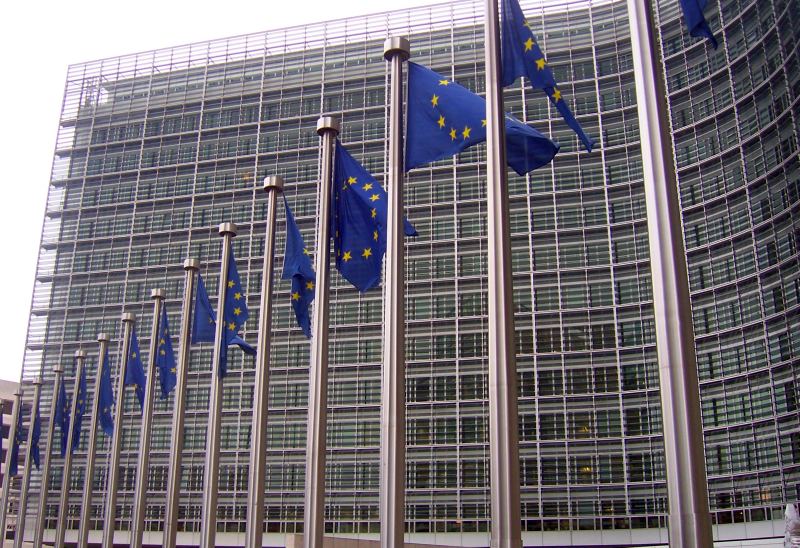
The licensing of pesticides continues to be used as a "political football" following the establishment of a special European Parliament committee, according to British MEPs.
Sitting for nine months, committee members will examine the scientific evaluation of glyphosate, the world's most commonly used weed killer.
It has recently been relicensed for five years by the EU in November after months of uncertainty.
They will also consider wider issues around the authorisation of pesticides.
'Politicise'
Conservative MEPs opposed the move, with leader Ashley Fox arguing that the new committee will "duplicate work already underway" and "politicise" what he said should be a science-based process.
He said: "It is regrettable that there are individuals in Parliament who remain determined to ignore the science and keep kicking this particular political football.
"We believe the EU already has a system for examining and licencing pesticides which is robust, consistent and fit for purpose. It places scientists front and centre, not politicians with an axe to grind or a campaign to advance.
"Establishing this unnecessary committee, while not changing December's decision on glyphosate, is only going to undermine the trust of our farmers and businesses."
'Beefed up'
The special committee, comprising 30 MEPs, will produce a report and deliver its recommendations to Parliament.
In a resolution voted on in October last year, the European Parliament stated that the release of the so-called “Monsanto Papers”, internal documents from the company which owns and produces Roundup, shed doubt on the credibility of some studies used in the EU evaluation on glyphosate safety, say MEPs who advocate the special committee.
The EU’s authorisation procedure, including the scientific evaluation of substances, should be based only on published, peer-reviewed and independent studies commissioned by competent public authorities, MEPs said.
EU agencies should thus be "beefed up" in order to allow them to work in this way.
